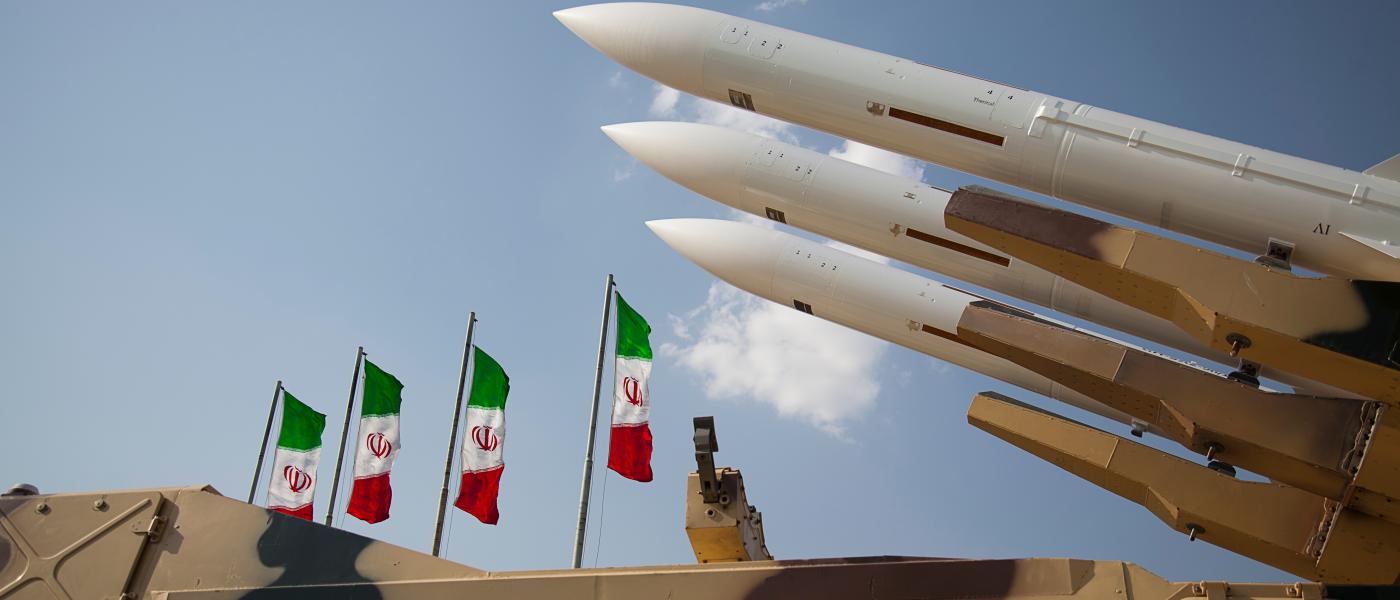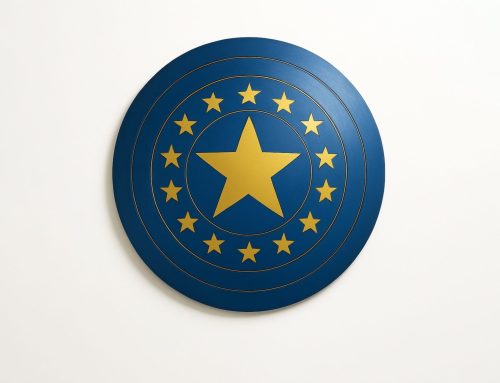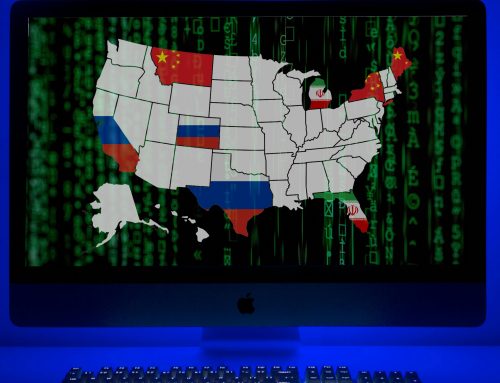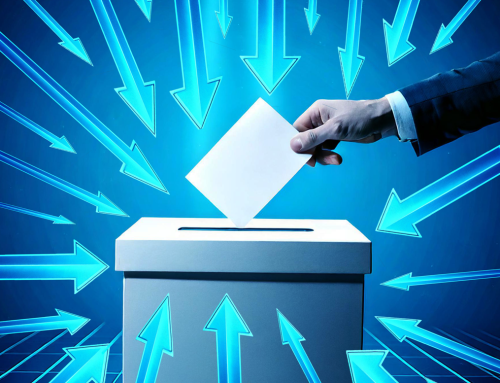This policy paper was co-authored with Edgar P. Tam, visiting senior fellow at the Paris Office of the German Marshall Fund of the United States. Please click the link at the right to view the full paper.
President Donald Trump’s views on Iran have centered on dismantling the landmark nuclear deal known as the Joint Comprehensive Plan of Action (JCPOA), which was agreed in 2015. He made it clear early on that he believed he could negotiate a better deal with Iran that would not compromise the interests of the United States as much and that would also address far more issues of concern to its partners in the Middle East. However, to date the Trump administration has not come any closer to achieving this goal. Instead, the United States and Iran have come close to war.
Although European countries share objectives on Iran with the United States—for instance, limiting Iran’s ballistic-missile activities and seeking its return to compliance with its nuclear commitments under the JCPOA—they disagree strongly with President Trump’s approach to achieving these. His approach has made Washington the proverbial bull in a china shop for U.S allies in Europe, forcing them to put on hold long-desired objectives such as expanding economic ties with Iran and bringing it closer into a community of responsible stakeholders.
Therefore, the result of the U.S. presidential election will have a significant impact on Europe’s relations with the United States when it comes to dealing with Iran.
There are several ways in which a Trump reelection could affect Europe’s calculations. A second Trump administration that maintains a hard-line policy toward Iran would lead Europe to double down on encouraging Iran to negotiate by offering incentives as a demonstration of its good faith to Washington. Alternatively, no longer having to think about his reelection, Trump may pursue a less hard-line approach to secure negotiations, thus solidifying his presidential legacy. Germany and France in particular might seek additional leverage to temper and perhaps even counter Trump’s hard-line Iran policy to limit what they view as the damage caused by his administration. For its part, the United Kingdom may align more with the United States, causing a rupture in European unity. However, a “hybrid” scenario is most likely, in which Europe would continue its attempts to be perceived as independent while seeking a greater role in leading a quiet international effort to get Iran back in compliance with the JCPOA and at the negotiating table.
If Joe Biden becomes president, he would return the United States to the JCPOA if Iran returned to compliance—which Europe also wants—while trying to negotiate additional commitments from Tehran on other areas of concern, such as missile testing and U.S. hostages. If this plan is complicated by the Trump administration’s pursuit of a unilateral sanctions snapback before it leaves office, however, a Biden administration may find itself facing a scenario in which there is no JCPOA to rejoin. This could be further complicated by a withdrawal by Iran from the Nuclear Nonproliferation Treaty, which it has threatened to do.
Even if there is a change in U.S. administration, European countries would still have to overcome differences among themselves on many aspects of Iran policy. A post-Brexit Europe may see the United Kingdom more aligned with U.S. objectives than European ones and acting more as an occasional “+1” to a remaining E2 of France and Germany. European countries also disagree on how to approach Iran’s malign activities, such as terrorism—with Germany having outlawed all of Hezbollah’s activities while the United Kingdom, France, and other European countries distinguish between the organization’s ostensibly political arm and its militant wing. These intra-European divisions, despite the European Union trying to establish a united front, make it easier for Iran’s propaganda efforts to sow division among European countries and in the transatlantic relationship.





